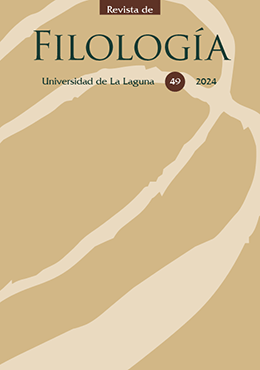The Suffering Revisited: Memory and Literature in Germany after Reunification
Abstract
After 1990, in a less tense international political context, a specific narrative developed in Germany that focused on the suffering that Germans themselves had experienced during World War II and the early postwar years. These works were part of a renewed Opferdiskurs (victims' discourse) that had been predominant in Germany from the fall of Nazism until the 1960s. Three works of different natures are generally mentioned as evidence of the establishment of this discourse (Luftkrieg und Literatur, Der Brand, and Im Krebsgang). However, the success of the reprinting of Eine Frau in Berlin or the late publication of the retrospectives of a septuagenarian writer recalling his traumatic childhood (Winnetou August) also provide evidence of the literary paradigm shift in post-unification Germany. This article offers an analysis of these works in relation to their context, in a country that was undergoing a profound transformation.
Copyright (c) 2024 Juan Manuel Martín Martín

This work is licensed under a Creative Commons Attribution-NonCommercial-NoDerivatives 4.0 International License.
The works published in this journal are the property of their respective authors, who grant the Revista de Filología de la Universidad de La Laguna the right of first publication, as stated in our Authorship Rights Policy.









